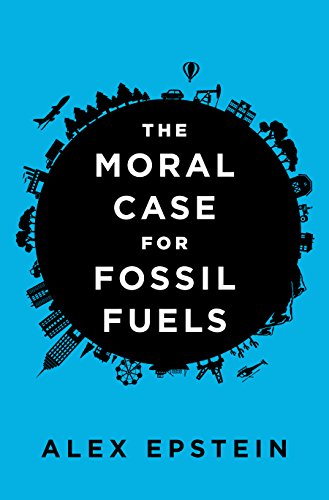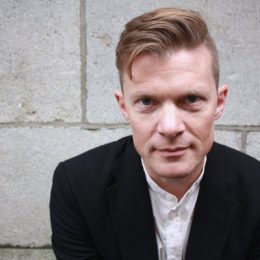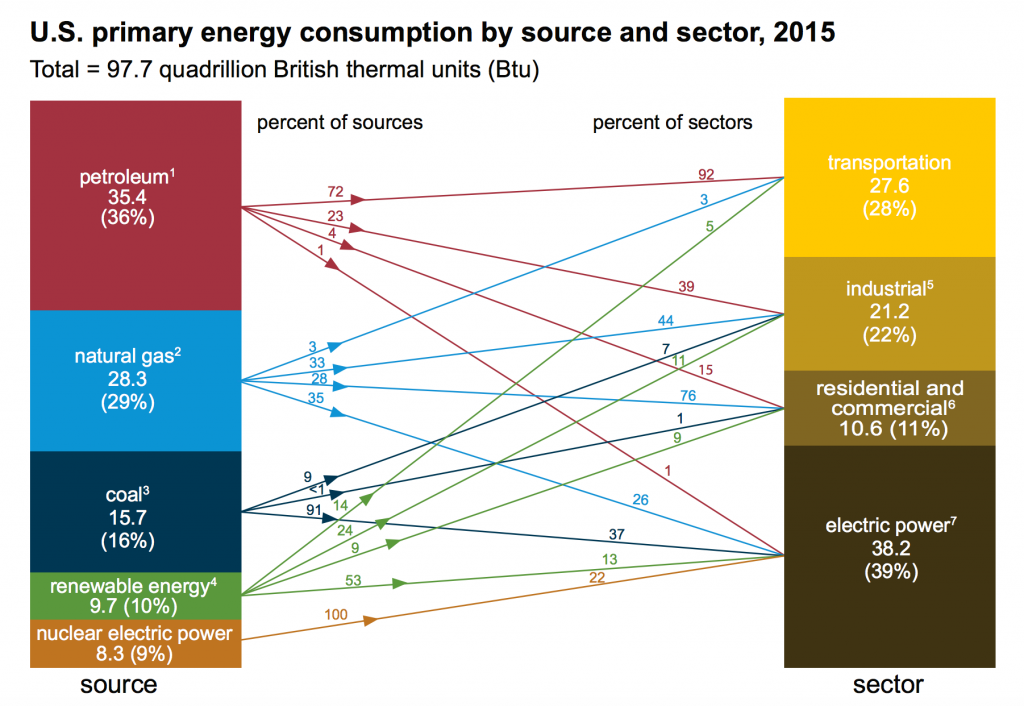Last week I had the pleasure of listening to a presentation by Carl Gustaf Lundin, Director of the Global Marine and Polar Programme at the IUCN, hosted by the Commune in the Rolle Castle.
I was particularly curious about the topic as the title of the presentation could have been quite controversial, especially on climate-related issues, the title being:
From plastic pollution to climate change: major threats to the oceans and how to fix them
What I found was a different kind of an environmentalist, someone who is deeply knowledgeable in his direct field, but also does not live in a vacuum and knows really well that the role played by fossil fuels and nuclear in our society is quite important, and must not be played down nor “forgotten” like many other pseudo-environmentalists do.
Also, the climate-related points he raised seemed to be quite subdued, as he definitely is not a catastrophist, and seem to take a very reasonable approach to “climate change” as opposed to what many other pseudo-environmentalists do.
Two points raised by Mr. Lundin in his presentation were especially relevant for me:
- he mentioned the oil&gas industry as a very minor source of pollution for the oceans and polar regions. The pollution generated is very small and very local, and can be dealt with fairly easily with the technology we have today. Even in the unfortunate cases of accidents like the major oil spill from the Deepwater Horizon accident, a tragic event which costed the lives of 11 people and created major environmental damage, the effects were very local and will not last too long.
- commercial ships carry 95% of the goods worldwide, they truly are the workhorse of the commerce industry. Such ships are very pollutant, since they run on fuel oil for the most part, but it is inevitable and impossible for our society to prosper the way we are doing without them.
It was obvious to me that Mr. Lundin has both his feet firmly on the ground of coherence and realization that, while some damage to the environment can and does happen due to what men does on this planet, we have to recognize that we cannot do without such wonders like commerce and the cheap and reliable energy coming from burning fossil fuels.
His position triggered some interest in me, and during the question and answer after his speech, I took the microphone and asked his point of view on the possibility to use a much cleaner form of energy to propel ships across the globe, nuclear power, like the civilian Russian icebreakers are doing already.
Much to my surprise, Mr. Lundin answer in a very open and mildly pro-nuclear way, knowing full well both the benefits and limits and inherent issues that come with nuclear power. After all, he comes from Sweden, a country where 40% of the electricity is generated from nuclear power!
He also hinted to the future developments in nuclear technology, including thorium-based fuels, which he is very much in favour of given the better qualities of thorium in the nuclear non-proliferation field, as thorium would be very difficult to use to make nuclear weapons.
During lunch I had the pleasure to exchange a few words with Mr. Lundin, and found a very knowledgeable person in the field of energy, who knows very well the limits to the “green renewables” and is very aware than fossil fuels are here to stay, and while they do create some pollution, at this time they are something we simply cannot do away with.
He is also very positive on nuclear energy, and hopes to see more research and new technology come out in the future.
I told him about “Pandora’s Promise”, a movie which tells the story of different environmentalists who have changed their mind on nuclear, and he was not aware of this movie. He also said that within IUCN there are many who would not touch the nuclear topic at all, which is what I am always afraid of.
This is the kind of environmentalist the world needs! Someone who is able to understand why and how a society thrives, and that policies which will damage people in the name of the environment are doomed to fail.











